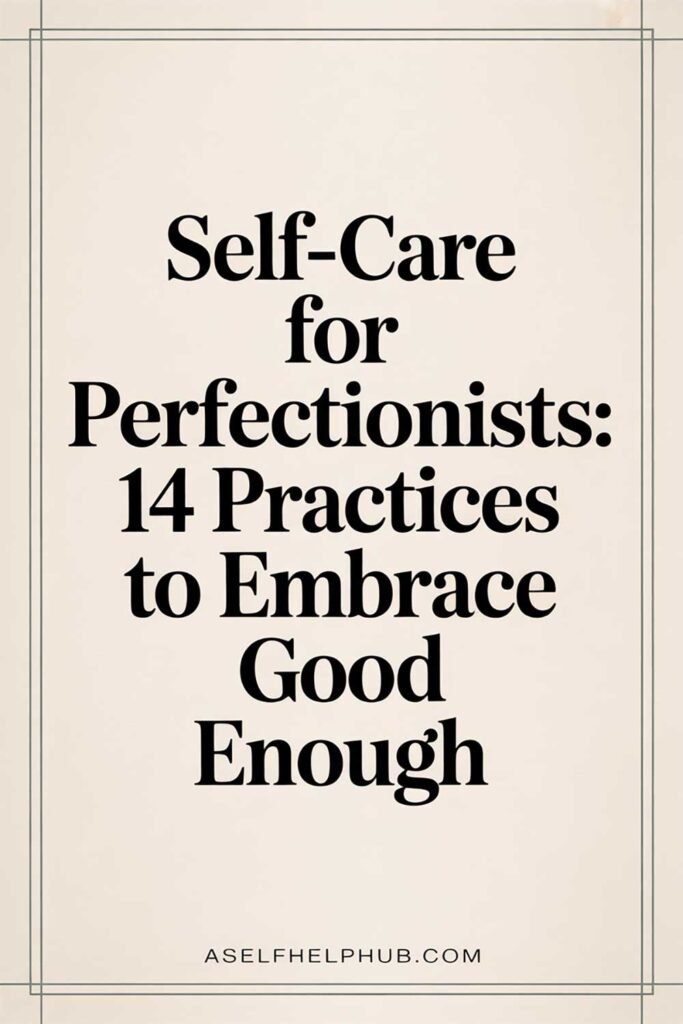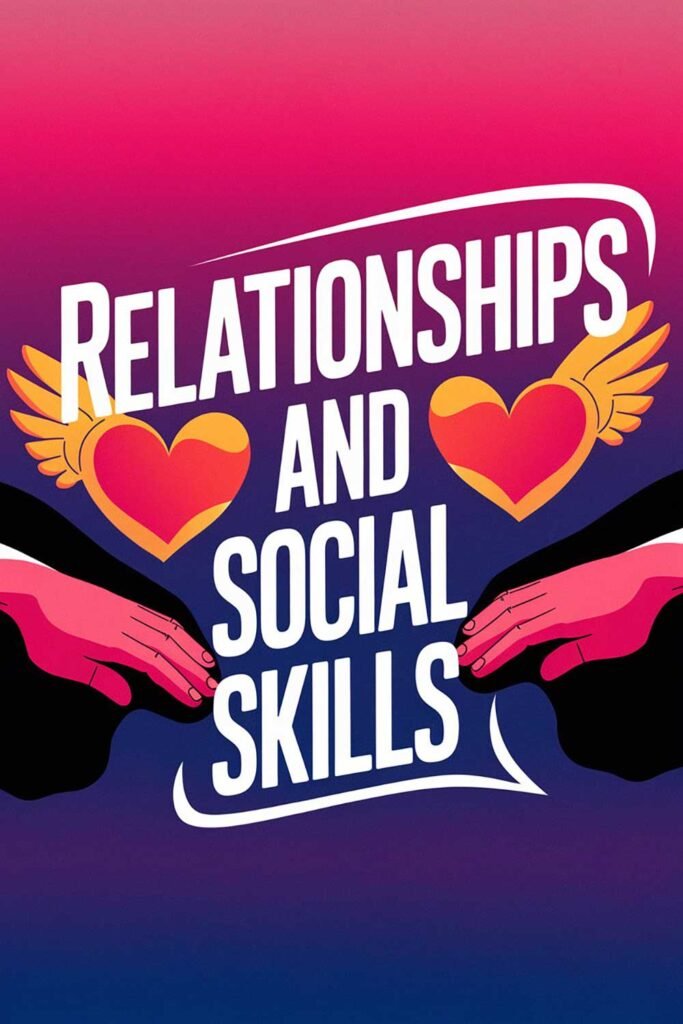11 Things to Do If You Lose Your Job Unexpectedly
Losing your job without warning is one of the most stressful experiences a person can face. It can shake your confidence, disrupt your routine, and strain your finances. But while the emotions are valid, this moment doesn’t have to define your future. With the right mindset and action plan, you can regain control, stabilize your finances, and find a new path forward. Here are 11 crucial things to do immediately after losing your job unexpectedly.

1. Take Time to Process Your Emotions
Give yourself permission to feel the shock, anger, or sadness. This is a loss, and it’s okay to grieve. But don’t let the emotions paralyze you.
Real-Life Example: When Jamie was laid off, she took three days off to hike, journal, and rest. This gave her clarity and strength to move forward with purpose.
2. Review Your Finances Immediately
Evaluate your current savings, monthly expenses, debts, and recurring payments. Knowing where you stand financially is the first step toward regaining control.
Real-Life Example: After losing his job, Eric reviewed his expenses and realized he could reduce his monthly bills by $600 just by pausing subscriptions and meal deliveries.
3. Apply for Unemployment Benefits Promptly
Don’t delay. File for unemployment insurance right away to access temporary income. Requirements vary by state, so check your local guidelines.
Real-Life Example: Linda applied for unemployment benefits within 48 hours. She started receiving payments within two weeks, which helped her stay afloat.
4. Create a Bare-Bones Budget
Shift to a minimalist spending plan. Focus only on essentials like housing, food, insurance, and transportation.
Real-Life Example: Carlos created a new budget that cut his expenses by 40%. He temporarily paused streaming services, dining out, and travel.
5. Update Your Resume and LinkedIn Profile
A polished, current resume and LinkedIn profile are essential tools for job hunting. Highlight your most recent achievements and skills.
Real-Life Example: Sophie worked with a resume coach to revamp her LinkedIn summary. She started getting recruiter messages within a week.
6. Start Networking Right Away
Reach out to former colleagues, friends, and industry contacts. Most job opportunities come from word-of-mouth and referrals.
Real-Life Example: After a few strategic coffee chats, Marcus received three interview invites through his old college network.
7. Consider Freelancing or Gig Work Temporarily
Short-term freelance work or gig apps like Uber, DoorDash, or Upwork can generate income and keep your skills sharp.
Real-Life Example: Taylor started freelancing as a virtual assistant. Within two months, she had replaced 60% of her previous income.
8. Explore Health Insurance Options
If you lost your coverage, explore COBRA, spouse plans, or the health insurance marketplace. Don’t go uninsured.
Real-Life Example: After a job loss, Ben found a low-cost ACA plan that covered his prescriptions and doctor visits during unemployment.
9. Keep a Structured Daily Routine
Avoid falling into a slump. Wake up early, exercise, apply for jobs, and stick to a healthy routine.
Real-Life Example: Chloe set a schedule: job search from 9-12, skill-building from 1-3, and relaxing after 5. It kept her focused and positive.
10. Use the Time to Learn or Upskill
Job loss can be an opportunity to grow. Take online courses, get certifications, or sharpen your talents.
Real-Life Example: Dylan took a free Google course in digital marketing. He landed a new job three months later with a $10K salary bump.
11. Stay Positive and Persistent
Rejection is part of the process. Keep showing up. Your next opportunity might be closer than you think.
Real-Life Example: After 47 job applications and 11 interviews, Rachel landed a role that was a better fit with better pay.
20 Inspirational Quotes About Resilience and Financial Setbacks
- “It’s not whether you get knocked down, it’s whether you get up.” — Vince Lombardi
- “Sometimes when things are falling apart, they may actually be falling into place.” — Unknown
- “A setback is a setup for a comeback.” — T.D. Jakes
- “Out of difficulties grow miracles.” — Jean de La Bruyère
- “Hard times may have held you down, but they will not last forever.” — Joel Osteen
- “The darkest hour has only sixty minutes.” — Morris Mandel
- “Every adversity, every failure, every heartache carries with it the seed of an equal or greater benefit.” — Napoleon Hill
- “The comeback is always stronger than the setback.” — Unknown
- “It always seems impossible until it’s done.” — Nelson Mandela
- “Success is not final, failure is not fatal: It is the courage to continue that counts.” — Winston Churchill
- “Tough times never last, but tough people do.” — Robert H. Schuller
- “When one door closes, another opens.” — Alexander Graham Bell
- “Turn your wounds into wisdom.” — Oprah Winfrey
- “Do not wait to strike till the iron is hot; but make it hot by striking.” — William Butler Yeats
- “The future depends on what you do today.” — Mahatma Gandhi
- “You are not your job. You are not the contents of your wallet.” — Chuck Palahniuk
- “Fall seven times, stand up eight.” — Japanese Proverb
- “Tough times teach trust.” — Max Lucado
- “You may have to fight a battle more than once to win it.” — Margaret Thatcher
- “Difficult roads often lead to beautiful destinations.” — Zig Ziglar
Picture This
Imagine waking up not with fear, but with a plan. You sip coffee while updating your resume, reach out to a connection who offers encouragement, and land a freelance gig that keeps money flowing. You’re not defeated—you’re evolving. You’re stronger, sharper, and more resourceful than ever before.
What would your journey look like if you saw this moment not as an end, but as a turning point?
Share This Article
Know someone who’s recently lost their job? Share this article or post it on social media. You might be giving them the roadmap they need right now.
Disclaimer
This article is based on personal experiences and general financial advice. It is not a substitute for professional financial or legal guidance. Always consult with certified advisors or legal experts regarding unemployment benefits, job loss, and health coverage options.






